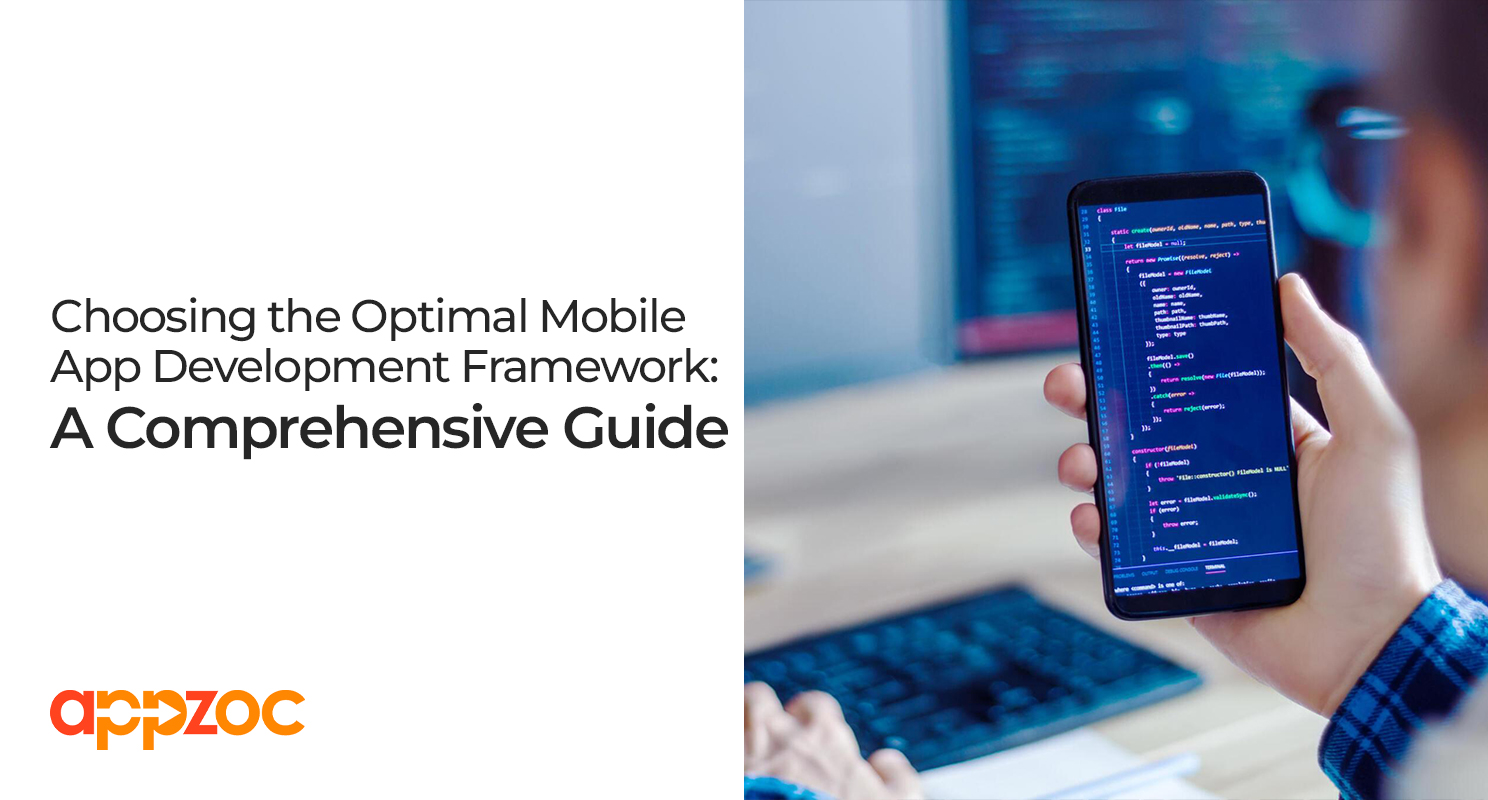
Flutter
Make the most of this cutting-edge technology by developing apps quickly! Our Flutter solutions have amazing features that can be used to create sleek, high-performance apps that can scale seamlessly across platforms.

With mobile apps becoming integral across industries, most businesses today explore app development to boost customer engagement. However, the process involves evaluating various technical frameworks to build seamless experiences meeting brand objectives.
This comprehensive guide offers pointers on assessing mobile app frameworks suiting your requirements with insights from leading mobile application development company bangalore and Kerala.
A mobile app framework represents an integrated development environment comprising reusable codes, tools and functions. It allows faster building of mobile apps supporting major platforms like iOS and Android.
Instead of coding everything from scratch, app developers can leverage frameworks providing standard components needed across apps like navigation, interfaces and event handling. This accelerates roll out with higher consistency.
Over the years, companies worldwide have launched various frameworks easing mobile app creation without deep programming knowledge. Some current popular options include:
Flutter: Launched by Google, Flutter enables crafting visually impressive iOS and Android apps using a single Dart coding language. Its reusable widget library and high rendering speeds make Flutter a preferred choice for many developers.
React Native: Offered by Facebook, React Native uses the same fundamental UI blocks like regular Android and iOS apps. But it uses React Native framework combining both native environments. This allows creating mobile apps faster and more efficiently.
Xamarin: Owned by Microsoft, Xamarin helps build cross-platform apps using C# language. It gives flexibility for code sharing across operating systems while still delivering native app experiences. Brands like HP and IBM use Xamarin.
Ionic: Ionic taps the versatile building blocks of Angular, a popular web development framework. From interface components to powerful services, Ionic simplifies crafting progressive web apps with native-app like experiences.
SwiftUI: SwiftUI represents Apple’s innovative approach for building UI across all Apple platforms including iOS, iPadOS and MacOS using declarative Swift syntax. Still in active development, its emphasis on simplicity and collaboration makes SwiftUI popular.
Weighing the varied mobile app development frameworks against project needs involves evaluating several aspects:
Assess available inbuilt components, extensibility offered, ability to reuse codes across platforms along with options for adding advanced capabilities.
Compare factors like speed, fluidity of animations, rendering times, app sizes etc to pick an option balancing both efficiency and appeal.
Frameworks allowing constructing responsive UIs and business logic faster through ready-to-apply templates boost team productivity. Check capabilities augmentation via plugins and community support.
With data security being paramount, examine the framework’s inbuilt safety against issues like crashes, malware attacks, data leaks etc plus provisions for encryption.
As business growth necessitates handling heavier traffic alongside adding new features, ensure framework chosen allows seamless app scaling and quick version updates without affecting stability.
Both for existing programmers exploring cross-platform skills as well as beginners, examine the framework’s language complexity, coding conventions, tooling ease and availability of reference resources/support.
From development to post-launch support, compare both direct financial costs as well as team training/hiring overhead for each framework against budgets.
The mobile app ecosystem continues gaining maturity with newer frameworks launching regularly. But avoiding analysis paralysis to pick the right framework matching capability needs and future viability is key. So leverage the evaluation criteria above as a start.
For further guidance on framework assessment for crafting innovative mobile experiences apt for business demands, outreach to acclaimed mobile app development companies in Bangalore, Kerala or other major technology hubs across India. Their expertise can help build apps scaling growth in a competitive landscape!